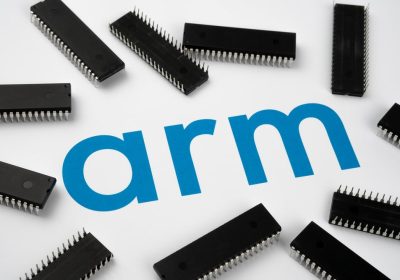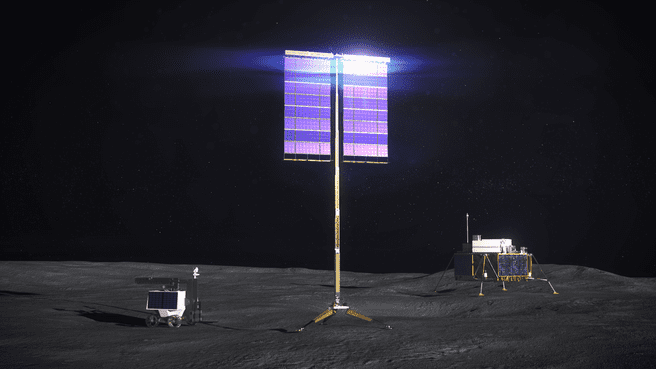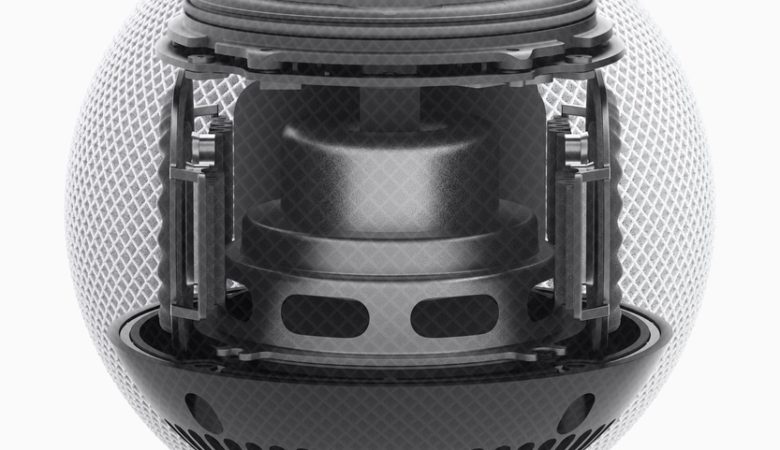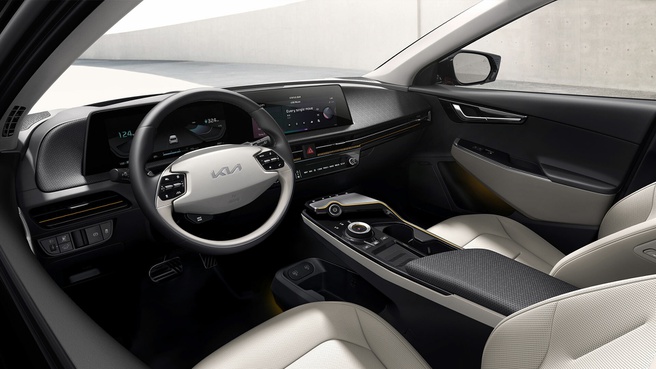
The first promising results of the study have been published in the leading journal Science.
The idea of stimulating the visual cerebral cortex by means of an implant dates back to the 1970s. However, the existing systems can only make a very limited number of artificial ‘pixels’. At the Institute for Neuroscience, researchers from Pieter Roelfsema’s team are using new implants with many more electrodes in the cerebral cortex than was previously possible.
The team developed implants with 1024 electrodes. They placed these in the visual cerebral cortex of two non-blind monkeys. The researchers wanted to create recognizable images and shapes by simultaneously emitting an electrical signal via several electrodes.
The monkeys were first given a simple task, in which they indicated where they saw a bright spot. This bright spot was generated by electrical stimulation from one electrode. The monkeys also had to perform more complex tasks, such as a task where they distinguish letters from each other. These letters were artificially created in the monkey’s perception by simultaneous stimulation of 8-15 electrodes.
The monkeys recognized the letters and with this artificial vision also other shapes such as lines and moving dots. “The number of electrodes we have placed in the visual cerebral cortex and the number of pixels we can create to produce high-resolution images is unprecedented,” said Roelfsema.
Eyesight recovery
“Our implant is directly connected to the brain, thus bypassing the stages of visual processing by the eye or optic nerve,” explains researcher Xing Chen. “In the future, such technology could be used to restore the vision of people who have become blind due to injury or deterioration of the retina, eye or optic nerve, but whose visual cortex is still intact.”
This research lays the foundation for a brain prosthesis that could enable people who are completely blind to be able to see and recognize objects functionally again, to navigate in an unfamiliar environment, and to communicate more easily with others, increasing their independence and quality of life. life would improve significantly.











